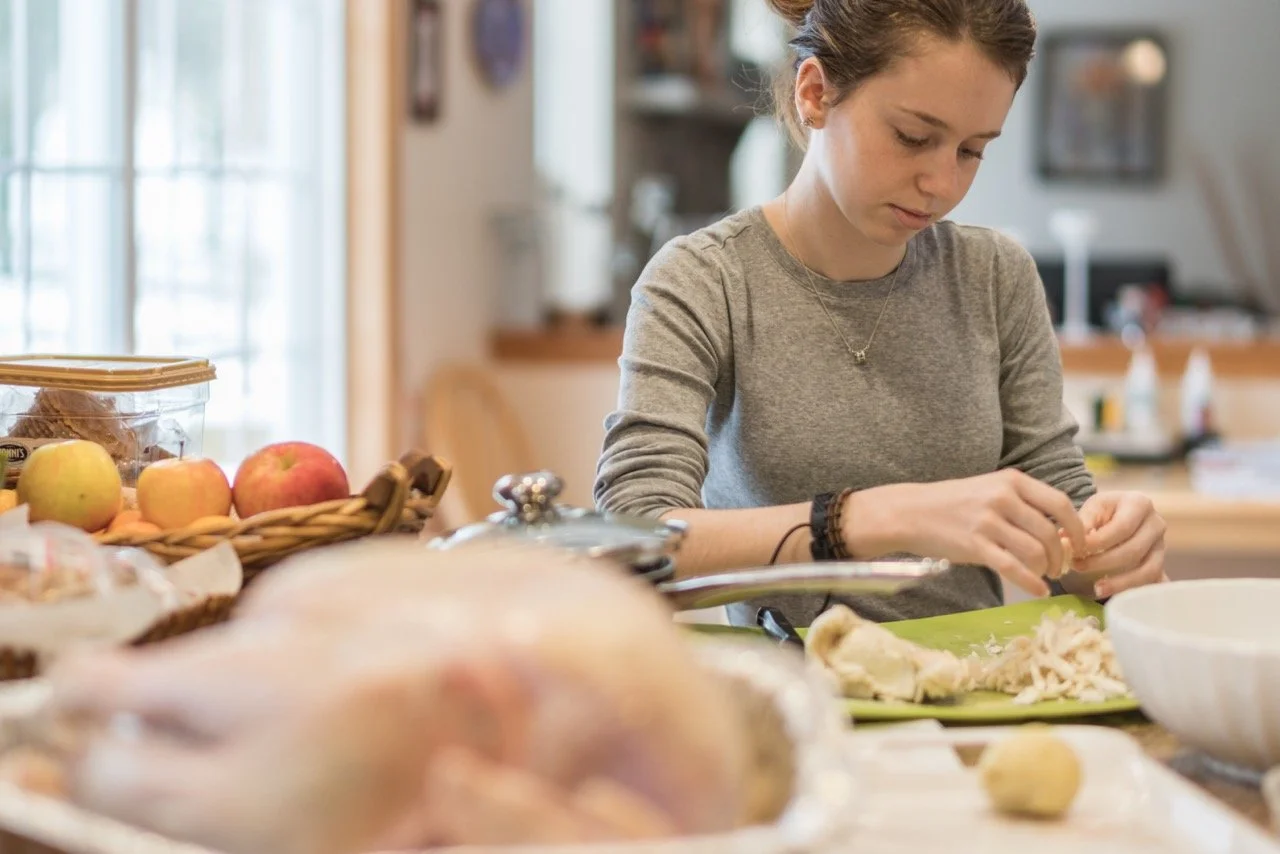How to Support Your Recovering Teen During the Holidays
When the holidays roll in—starting with Thanksgiving and continuing into year-end gatherings—families who are walking alongside a teenager in recovery face a unique set of challenges. Celebrations often bring more unstructured time, heightened emotions, family history and easy access to substances. The good news: you can guide your teen’s recovery through this season with strategies rooted in evidence and care.
Why the holidays matter so much for teens in recovery
The season can trigger relapse or destabilise progress for adolescents recovering from substance use disorders (SUDs) for several reasons. First, disruption of routine is common—school breaks, travel, parties—and routines are protective in recovery. One article describes how for teens in recovery from substance use or eating disorders, the “added stress of the holidays may be overwhelming.”
Secondly, the presence of alcohol, drug availability, peer or family pressure and emotional triggers escalate risk: one clinician’s guide explains that the holidays combine nostalgia, relationship pressure and less structure, setting the stage for increased substance-use risk.
Third, teens in recovery are still developing executive control, coping skills and decision-making capacity—they’re more vulnerable. Research specific to adolescent recovery emphasises that environmental influences dominate for youth and that recovery supports must account for developmental stage.
Recognising that vulnerability doesn’t mean resignation—it means you can apply protective strategies to support your teen.
Key strategies to support your recovering teen this season
Below are medically and clinically supported strategies to help your teen stay connected, safe and supported during holiday weeks.
1. Preserve as much routine as possible
Recovery for adolescents often benefits from structure: consistent sleep/wake times, regular check-ins or therapy sessions, and predictable meals. When the holiday schedule arrives, try to maintain core anchors:
Keep similar bedtimes and wake-times where feasible. The stress of schedule drift is noted in adolescent stress guides.
Keep a check-in ritual: before or after a gathering, have a brief conversation with your teen about how they’re doing and what supports they might need that day.
Reserve slots for recovery-appropriate meetings or peer support if those are part of their care network.
2. Communicate openly about triggers and support plans
Teens need to know you understand the season may feel different this year. Have a calm, pre-holiday conversation:
Ask what situations they expect to face (e.g., family gatherings with alcohol, old friends who use substances, unstructured time).
Co-create a support plan: what will they do if they feel triggered? Who will they call? What exit options exist? This echoes guidance on staying connected and having a back-up plan.
Explicitly set expectations for your home environment if your gathering is at your place: will there be alcohol? Will there be clear boundaries? The article from Hazelden Betty Ford Foundation emphasises the importance of clarifying boundaries with teens in recovery.
3. Engage in holiday traditions that support recovery rather than undercut it
Holiday gatherings often centre on food, alcohol, long days, unstructured time. You can redesign the rhythm:
Introduce substance-free traditions: volunteer together, go for a nature walk after dinner, play a game that brings everyone into the living room rather than separate spaces. A blog from ASAP Cincinnati recommends these alternatives for teens and young adults in recovery.
If hosting or attending parties, plan a sober zone or ensure at least one attendee is openly committed to supporting the teen’s recovery.
Encourage peer support: help your teen invite a friend in recovery or someone who supports their path. Feeling isolated increases risk.
4. Monitor emotional and family dynamics
Family gatherings often resurrect unresolved issues, past trauma and stirring memories. For a teen in recovery, that can be destabilising. A blog on helping adolescents manage family drama points out that family dysfunction during holidays elevates relapse risk.
As a parent or caregiver you can:
Pre-brief your teen and other involved adults on any expected stressors (e.g., “Grandpa will ask about school; if the teen walks away we’ll check in later”).
Make a plan for quiet spaces or downtime—they may need a break from stimulation.
Stay aware of signs of distress: withdrawal, agitation, fatigue. Address them early rather than assuming “they’ll bounce back.”
Maintain your own self-care: your emotional stability helps create the safe container for recovery. Hazelden Betty Ford emphasises that parent/caregiver support is itself a protective factor.
5. Reinforce identity, achievement and hope
Recovery for adolescents isn’t just about avoiding relapse—it’s about building a new identity and future. Use the holiday weeks to reinforce this:
Acknowledge milestones your teen has achieved in recovery—however small.
Invite them to choose one new tradition that reflects who they are now (e.g., selecting songs for dinner, hosting a movie night, arranging a family volunteer event).
If comfortable, discuss goals for the coming months, positioning the holidays as a stepping-stone rather than a detour.
6. Develop an exit and emergency plan
In any gathering there’s risk. Having a clearly communicated exit strategy gives both you and your teen safety. Before the event:
Identify a “sober ride” or designated driver.
Establish a check-in time (text, call) between teen and caregiver.
Confirm your teen knows they can leave the gathering without shame or argument if they feel unsafe or triggered.
Remind them you’re available. Even if they say “I’m fine,” let them know access is open.
Final note for the season
The holiday season can feel like it’s posing obstacles to your teen’s recovery—and in many ways it does. But with planning, communication, empathy and structure, you and your teen can use this time not as a threat but as a chance to strengthen connection, resilience and hope. Because adolescence is a vulnerable phase and recovery is a process, your role matters deeply.
We’re here to help
If your teen is recovering from substance use and you’re looking for a program or community that understands adolescent brain development, peer dynamics and family systems, connect with Teen Recovery Solutions. We provide youth-tailored support through the holidays and beyond. Reach out and let’s partner for your teen’s future.

